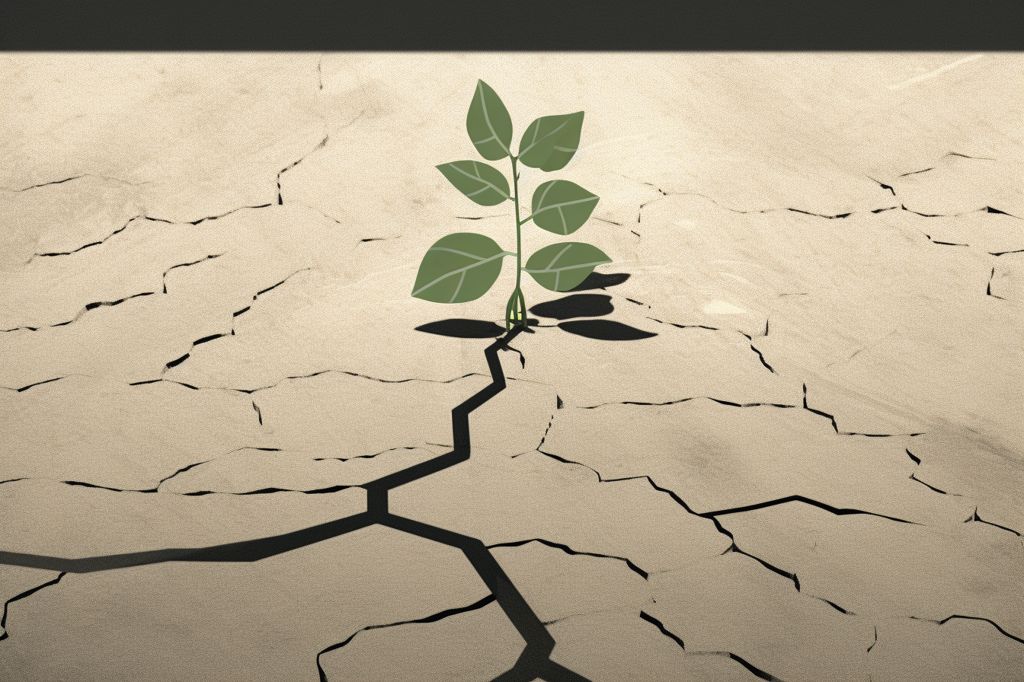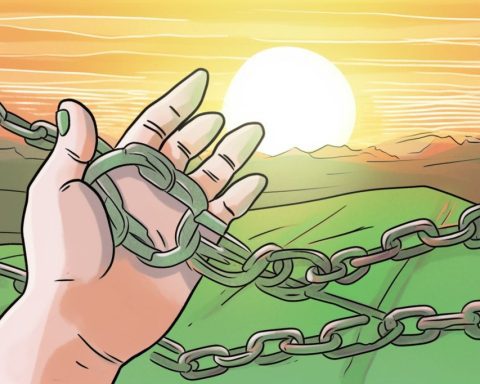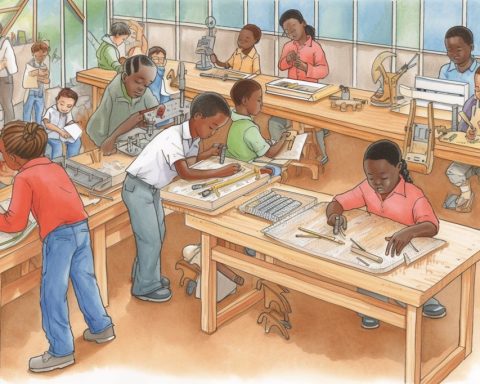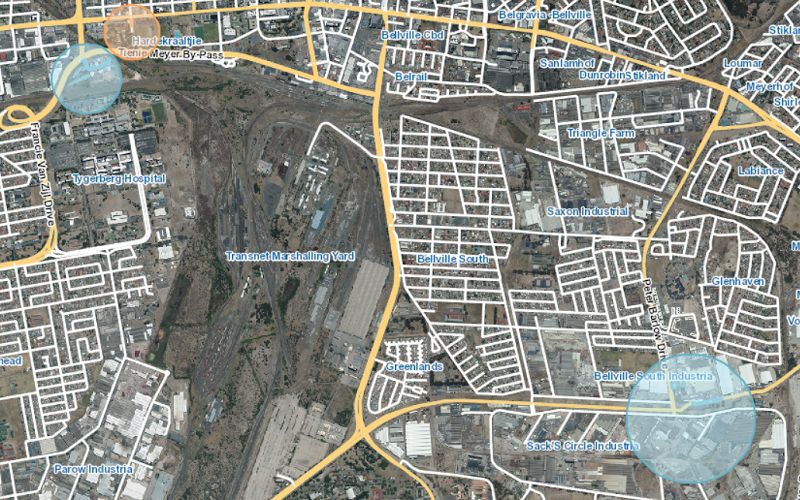Deputy Minister of Social Development, Hendrietta Bogopane-Zulu, launched the annual Child Protection Week campaign with a focus on rehabilitating children who have been in conflict with the law. The theme for the campaign is “Let us Protect Children during COVID-19 and Beyond.”
Children Share their Experiences
The campaign provided a platform for children to share their experiences and seek redemption. The stories of remorse and regret narrated by the children highlighted the complexity of their circumstances.
Fourteen-year-old Mandisa recounted the fateful day when she was arrested for murder. Despite the gravity of her actions, Mandisa aspires to become a doctor. Sixteen-year-old Bongani* expressed profound guilt for the sexual assault he committed and desires to apologize to the victim.
Compassionate but Realistic Perspective
Deputy Minister Bogopane-Zulu offered a compassionate but realistic perspective to these troubled youths. She acknowledged that everyone makes mistakes, but the key lies in accepting responsibility and seeking forgiveness.
She emphasized the need for these young individuals not to allow their past actions to define them. As a possible avenue for redemption, she suggested that the children could communicate with those they have wronged through their Child Youth Care Workers to offer apologies and begin the process of reclaiming their lives.
Restorative Justice Approach
This approach aligns with the Restorative Justice theory, which focuses on mending relationships and reintegrating offenders into society, rather than relying solely on punitive measures. The Department of Social Development’s child protection system prioritizes care and reintegration services for children in conflict with the law, demonstrating their commitment to rehabilitating young offenders.
Reminder of Opportunities for Growth and Redemption
The experiences shared by Mandisa and Bongani during the Child Protection Week campaign serve as a reminder that even children who have made grave mistakes deserve an opportunity to make amends and reintegrate into society.
By embracing the principles of Restorative Justice, Deputy Minister Bogopane-Zulu and the Department of Social Development aim to provide a constructive and compassionate path towards a brighter future for these young individuals.
Protecting Vulnerable Children
As the campaign continues, it is crucial to keep the focus on protecting all children, regardless of their circumstances. COVID-19 has amplified the vulnerabilities faced by children worldwide. Now more than ever, it is essential to ensure their well-being and provide them with opportunities for growth and redemption.
In doing so, we can work towards a more inclusive and compassionate society that leaves no child behind.
(*Names have been changed to protect the identities of the individuals.)












